SUMMARY
This is AI generated summarization, which may have errors. For context, always refer to the full article.
The Senate has passed on third and final reading a bill to establish a scholarship for poor students aspiring to become doctors.
Senate Bill no. 1520, or the “Doktor para sa Bayan” (Doctor for the Towns) medical scholarship bill, hurdled the chamber on Monday, September 14. With its counterpart in the House of Representatives already approved, too, the proposed measure is up for a bicameral committee conference to reconcile the two versions’ differing provisions.
The bill mandates the government to provide medical scholarships at state universities and colleges (SUC) and in their private-owned counterparts in areas without SUCs – to qualified students who cannot afford to pay for medical school.
In return, graduates of the program who succeed in becoming licensed physicians will be required to practice at a government hospital or public health office in their hometown, province, or region. If safety concerns prevent this, the graduates may carry out their “mandatory return service” in an area that needs more doctors, to be determined by the Department of Health.
Successful graduates are to serve as public physicians for at least 3 years, with compensation, and will receive more incentives if they serve for another two years. This is in accordance with the Universal Health Care Act.
This way, the government hopes to ensure every municipality in the Philippines is served by at least one doctor.
The need for this became stark with the onset of the COVID-19 pandemic, said Senator Joel Villanueva, the bill’s principal author and sponsor.
“We are at war and the doctors are the combatants. Just as we train soldiers in peace time, so must we train more in times of war. So, let it be now, with doctors and physicians,” Villanueva said after Monday’s affirmative vote at the Senate.
The country’s current doctor-to-population ratio is 3 to 10,000. To achieve the World Health Organization’s prescribed ratio of 10 doctors for every 10,000 citizens, the Philippines needs to produce more than 80,000 doctors, Villanueva said.
“Medical education remains the most expensive course in the Philippines. Now, any Filipino, whatever their status in life, can fulfill their dream of becoming a doctor,” he added.
Under the proposed measure, the government will cover the qualified students’ tuition and other school fees, allowances for prescribed books, equipment, and uniforms, cost of transportation or dormitory, internship fees, as well as medical board review and licensure fees.
Qualified applicants from municipalities without government doctors will be prioritized in the allocation of scholarship slots. If no applicant qualifies from such a municipality, an applicant from the same province may take its slot. The scholar must then serve in that municipality when they become a licensed physician.
Other authors and sponsors of the bill were senators Vicente Sotto III, Ralph Recto, and Grace Poe.
Once finalized by the bicameral committee, the proposed measure would be up for ratification by the Senate and the House, before being submitted to President Rodrigo Duterte for his signature.
Villanueva said he hopes to hold the bicameral committee conference next week. – Rappler.com
Add a comment
How does this make you feel?
![[Rappler Investigates] It’s too darn hot!](https://www.rappler.com/tachyon/2024/05/too-darn-hot-may-2-2024.jpg?resize=257%2C257&crop=310px%2C0px%2C1080px%2C1080px)
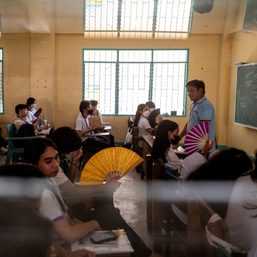
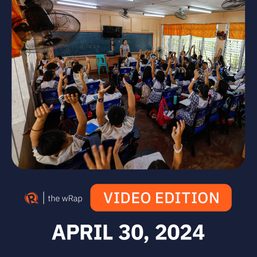
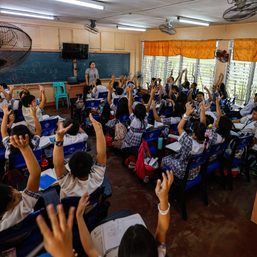
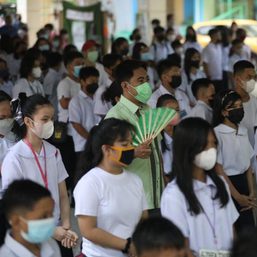
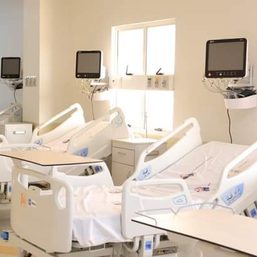

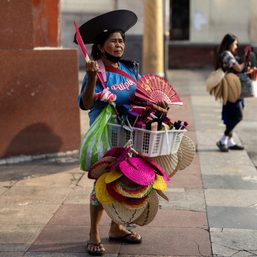
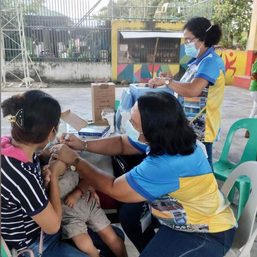
![[Free to Disagree] Sabwatan ng mga doktor at drug companies](https://www.rappler.com/tachyon/2024/04/tl-sabwatan-doktor-drug-companies-April-22-2024.jpg?resize=257%2C257&crop=292px%2C0px%2C720px%2C720px)
There are no comments yet. Add your comment to start the conversation.